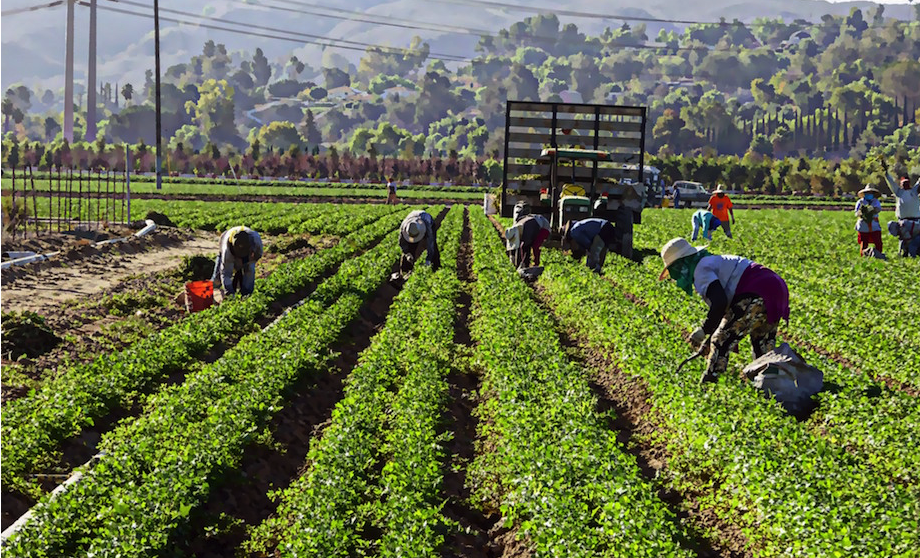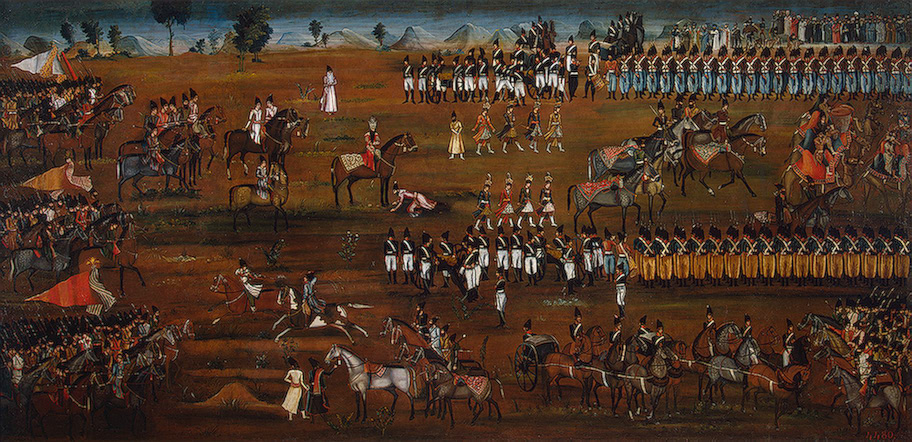
Workers’ Rights
 As we have seen in previous articles, Bahá’u’lláh was concerned with the extremes of wealth and poverty he saw in society. He was concerned when the governors of society “reared palaces for themselves” at the cost of the poverty of their people. We has seen how, in freeing slaves he inherited with his family estate, Baha’u’llah affirmed the essential dignity and equality of all human beings.
As we have seen in previous articles, Bahá’u’lláh was concerned with the extremes of wealth and poverty he saw in society. He was concerned when the governors of society “reared palaces for themselves” at the cost of the poverty of their people. We has seen how, in freeing slaves he inherited with his family estate, Baha’u’llah affirmed the essential dignity and equality of all human beings.
He was concerned also that workers’ received their proper due for work they performed.
The people of Bahá should not deny any soul the reward due to him, should treat craftsmen with deference, and, unlike the people aforetime, should not defile their tongues with abuse.[1]
Abdu’l Baha expanded on these concept in application to the relationship between worker and owner:
… the factory owners reap a fortune every day, but the wage the poor workers are paid cannot even meet their daily needs: This is most unfair, and assuredly no just man can accept it. Therefore, laws and regulations should be enacted which would grant the workers both a daily wage and a share in a fourth or fifth of the profits of the factory in accordance with its means, or which would have the workers equitably share in some other way in the profits with the owners. For the capital and the management come from the latter and the toil and labour from the former. The workers could either be granted a wage that adequately meets their daily needs, as well as a right to a share in the revenues of the factory when they are injured, incapacitated, or unable to work, or else a wage could be set that allows the workers to both satisfy their daily needs and save a little for times of weakness and incapacity.[2]
In underlining the responsibility of government to ensure justice between different sectors of society, Abdu’l Baha echoes what we have already seen Bahá’u’lláh state in relation to the duties of government in respect of justice. Elsewhere Abdu’l Baha states that these are not private matters.
The intervention of the government and the courts in the problems arising between owners and workers is fully warranted, … For problems between owners and workers, though they may appear to be a private matter, are detrimental to the common good, since the commercial, industrial, and agricultural affairs, and even the general business of the nation, are all intimately linked together: An impairment to one is a loss to all. And since the problems between owners and workers are detrimental to the common good, the government and the courts have therefore the right to intervene.[3]
Such principles ought to be uncontroversial. It is to the detriment of everyone when they are forgotten or narrowly conceived self-interest is allowed to obscure them. Still today in too many parts of the world, millions upon millions of workers barely earn enough for subsistence and a life of dignity. Often that deprivation is connected with the global supply of goods and services.
(This article is the 114th in a series of what I hope will be 200 articles in 200 days for the 200th anniversary of the birth of Bahá’u’lláh. The anniversary is being celebrated around the world on 21 and 22 October 2017, The articles are simply my personal reflections on Bahá’u’lláh’s life and work. Any errors or inadequacies in these articles are solely my responsibility.)







